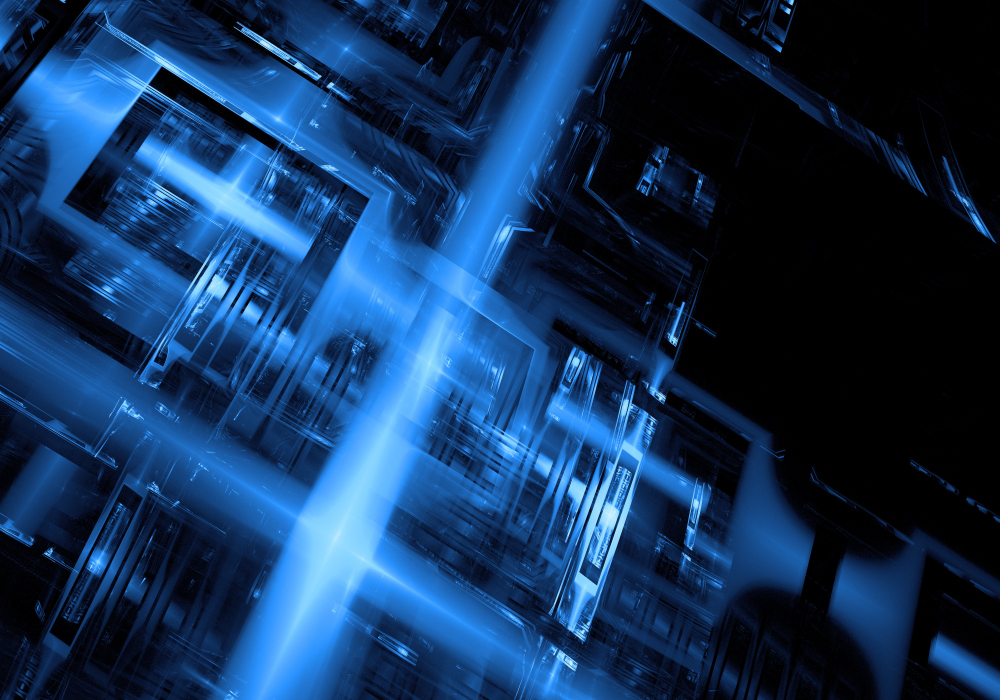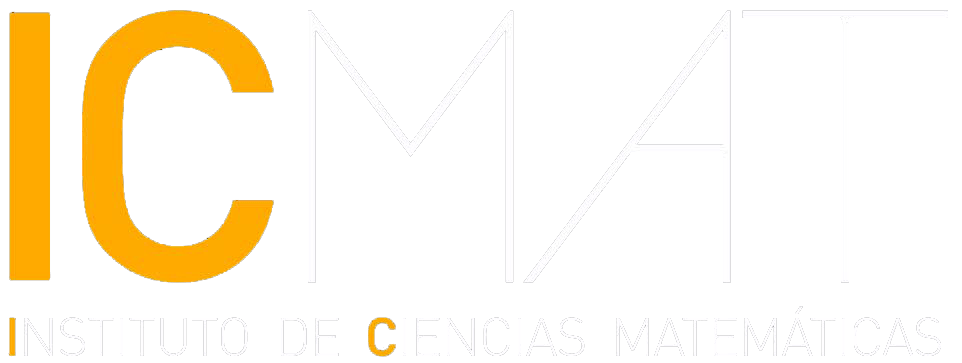From 24th to 28th February, the ICMAT brought together around 40 early-career researchers at the IX International Workshop on Information Geometry, Quantum Mechanics and Applications. They study the mathematical aspects related to quantum systems and, in particular, to quantum computers. This new technology, which could solve problems in a shorter time, still presents numerous challenges before becoming a reality.
Laura Moreno Iraola (ICMAT)
 Quantum mechanics was developed at the beginning of the last century to describe the physics of systems at a very small scale, such as atoms. The new theory represented a revolution, as quantum systems exhibited phenomena fundamentally different from those predicted by previous physical theories. In recent years, the application of these phenomena to information processing, through quantum computers, promises to bring about a new revolution. “They are still fundamentally theoretical objects, but of great interest. Among other reasons, because it is known that a quantum computer can solve problems in much shorter times than a classical computer would require,” explains Arnau Mas, a PhD researcher at ICMAT and Carlos III University of Madrid.
Quantum mechanics was developed at the beginning of the last century to describe the physics of systems at a very small scale, such as atoms. The new theory represented a revolution, as quantum systems exhibited phenomena fundamentally different from those predicted by previous physical theories. In recent years, the application of these phenomena to information processing, through quantum computers, promises to bring about a new revolution. “They are still fundamentally theoretical objects, but of great interest. Among other reasons, because it is known that a quantum computer can solve problems in much shorter times than a classical computer would require,” explains Arnau Mas, a PhD researcher at ICMAT and Carlos III University of Madrid.
However, “the elements required to implement a quantum computer, the qubits (quantum bits), are particularly sensitive to disturbances and noise, which poses one of the main challenges in building quantum chips,” he continues. Mas has been one of the organisers of the IX International Workshop on Information Geometry, Quantum Mechanics and Applications 2025, held at ICMAT from 24th to 28th February.
This event has gathered around 40 early-career researchers – mostly PhD students and postdoctoral researchers – who study the mathematical aspects related to quantum systems. More specifically, they focus on two lines of research: on the one hand, the dynamics of open quantum systems, that is, the interaction between purely quantum systems and classical systems, which is necessary to control a quantum computer without disturbing the quantum effects within it. On the other hand, information theory, which seeks to understand in what sense the logic of quantum systems is fundamentally different from that of classical computers.
For the past nine years, this workshop has been organised annually between Madrid and the Italian cities of Naples and Bari. “This year, we wanted to focus on the application of category theory, a branch of mathematics that studies the structure of mathematical theories, to this class of quantum problems,” says Mas. To this end, they have hosted 16 talks and two minicourses delivered by international specialists.
The first course was given by Tobias Fritz (University of Innsbruck, Austria), who focused on the use of category theory to provide a unified language for classical and quantum probability, which also allows us to understand where the fundamental differences between the two lie. The second course was delivered by Urs Schreiber (New York University in Abu Dhabi), on the formulation of a theory on quantum data – whose classical version already exists – which, among other things, would enable verification that programmes written for a quantum computer function as expected, without errors in the code. “A quantum circuit, unlike a classical one, cannot be paused mid-execution to understand what has gone wrong,” explains Mas.
—
This content has been automatically translated. The original text may differ slightly
